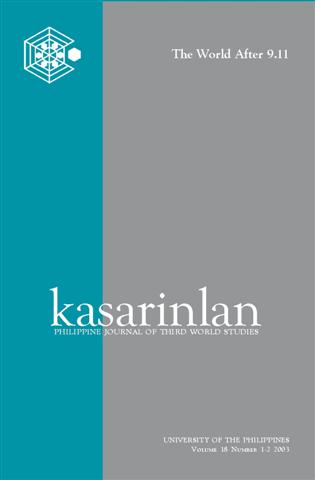The Politics of Coexistence: South Korea and Sino-US Policies on the Korean Peninsula
Abstract
The article argues that South Korea is promoting an interim order based on coexistence on the Korean peninsula. South Korea, Japan and the US have cooperated on proactive measures to ensure the denuclearization of the Korean peninsula. Seoul and Beijing differ on the question of a permanent settlement, but they agree on the interim preventive measures of refraining from threats of using force, recognizing the legitimacy of the North Korean regime, and recommending that multilateral dialogue is pursued outside the UN framework. South Korea and China have established an informal division of labour, allowing South Korea to put pressure on the US to accept these measures, while China calls for Pyongyang to refrain from provocations that risk producing violent conflict and accept a six-party dialogue. The article concludes that the US-DPRK nuclear standoff on the Korean peninsula reflects a general tendency in Asia-Pacific security for the US to prefer force as a means of order creation in contrast to China that gravitates towards instruments of diplomacy.
Published
2007-12-17
How to Cite
ODGAARD, Liselotte.
The Politics of Coexistence: South Korea and Sino-US Policies on the Korean Peninsula.
Kasarinlan: Philippine Journal of Third World Studies, [S.l.], v. 18, n. 1, p. 91-111, dec. 2007.
ISSN 2012-080X.
Available at: <https://journals.upd.edu.ph/index.php/kasarinlan/article/view/680>. Date accessed: 03 oct. 2025.
Section
Articles
Keywords
coexistence; nuclear standoff; The English School; Korean peninsula; middle power; South Korea; North Korea
By submitting a manuscript, the authors agree that the exclusive rights to reproduce and distribute the article have been given to the Third World Studies Center.



